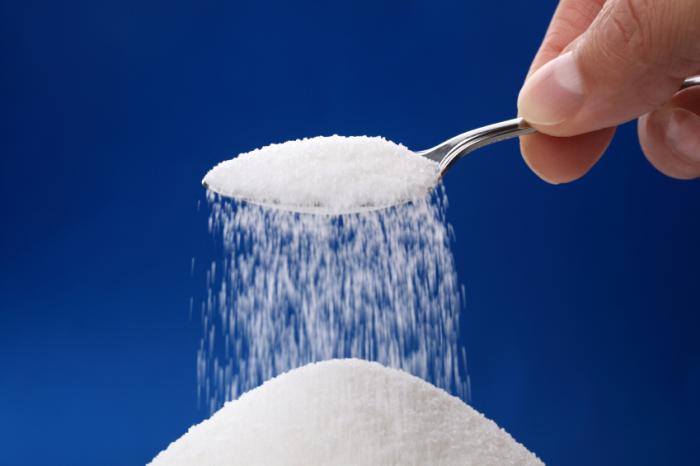Aspirin may be doing you more harm than good
By Kerry Sullivan, National Monitor | January 14, 2015
A recent study suggests doctors have been inappropriately prescribing aspirin to patients.
A recent study shows that one in ten patients advised by their doctors to take aspirin in order to prevent a first heart attack or stroke were prescribed the medicine inappropriately. The unnecessary aspirin in fact increases the risk of hemorrhages in the lining of the stomach and the intestines.
The study was conducted by the Bayer College of Medicine in Houston, Texas and published in the Journal of the American College of Cardiology.
Using established guidelines, the research team concluded that daily aspirin use would be inappropriate for patients with less than a six percent chance of having a heart attack or stroke in the next 10 years. The team then applied this maxim to a nationwide sample of 69,000 people receiving aspirin for prevention of cardiovascular disease.
Patients who had previously experienced a heart attack or stroke, or who had preexisting heart conditions were excluded from the study. The records surveyed were from 119 clinics between the years of 2008 and 2013.
The results show that nearly 12 percent of patients should not have been prescribed aspirin. These numbers may be even higher given that aspirin can be purchased over-the-counter as well.
While aspirin can help reduce the risk of cardiovascular disease, it carries an even greater risk of internal bleeding. “Major coronary events are reduced 18 percent by aspirin, but at the cost of an increase of 54 percent of major extracranial bleeding,” said Professor Freek W.A. Verheugt of the Heart and Lung Center at the University Medical Centre of Nijmegen in the Netherlands.
It is the doctor’s job to balance that risk. The American Heart Association recommends using their model for calculating risk of cardiovascular disease. The metrics involved in this calculation in age, race, sex, HDL cholesterol, total cholesterol, diabetes status, blood pressure, and whether or not the person is a smoker. The researchers believe that doctors must have missed one or more of these factors when determining if aspirin was appropriate for the patient.
The study showed that women were almost three times as likely as men to take aspirin preventatively. Additionally, those who were inappropriately proscribed aspirin tended to be 16 years younger than patients for whom it was appropriate.
Consult with your doctor to see if taking aspirin is right for you.
Have something to say? Let us know in the comments section or send an email to the author. You can share ideas for stories by contacting us here.




 Reply With Quote
Reply With Quote






Bookmarks